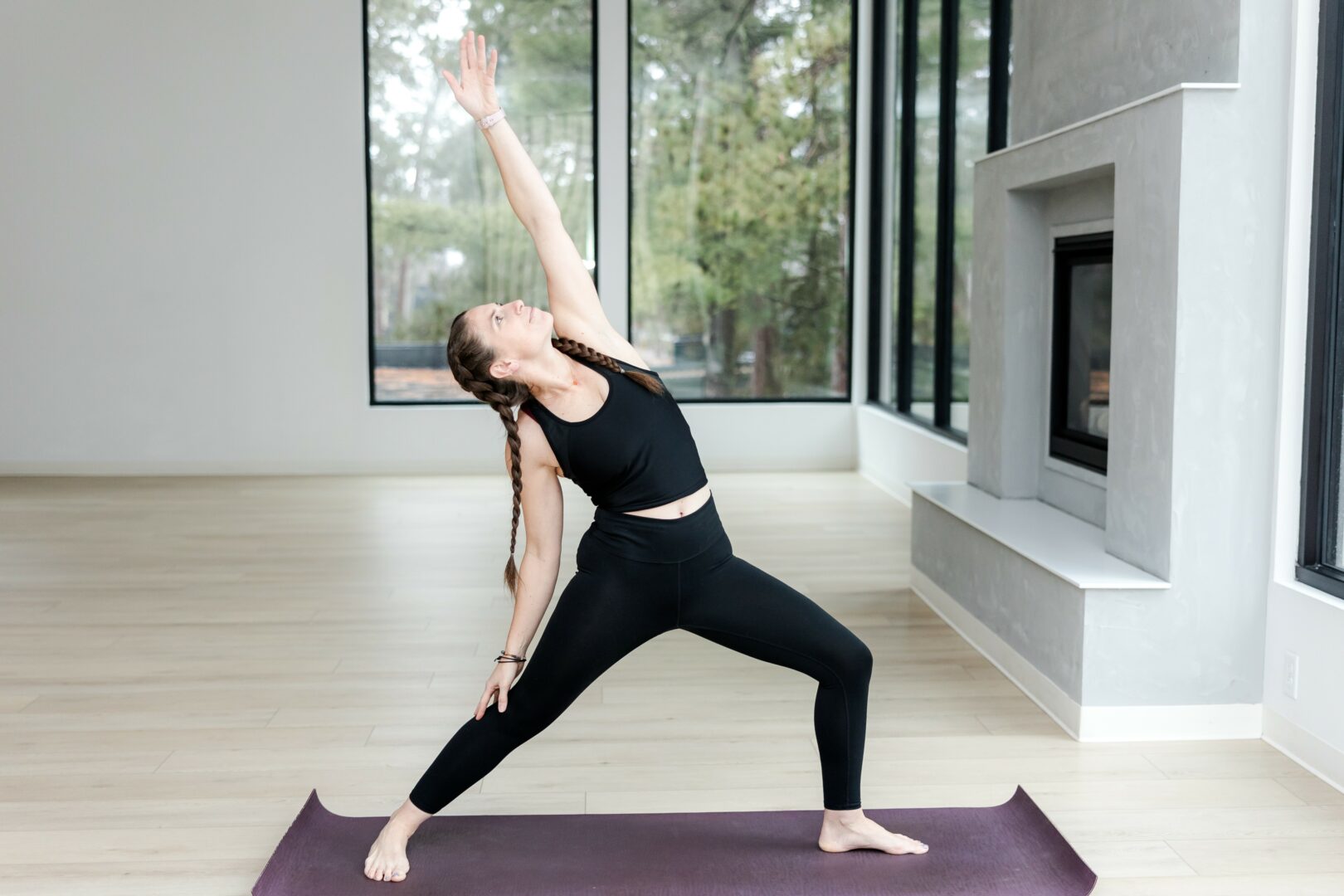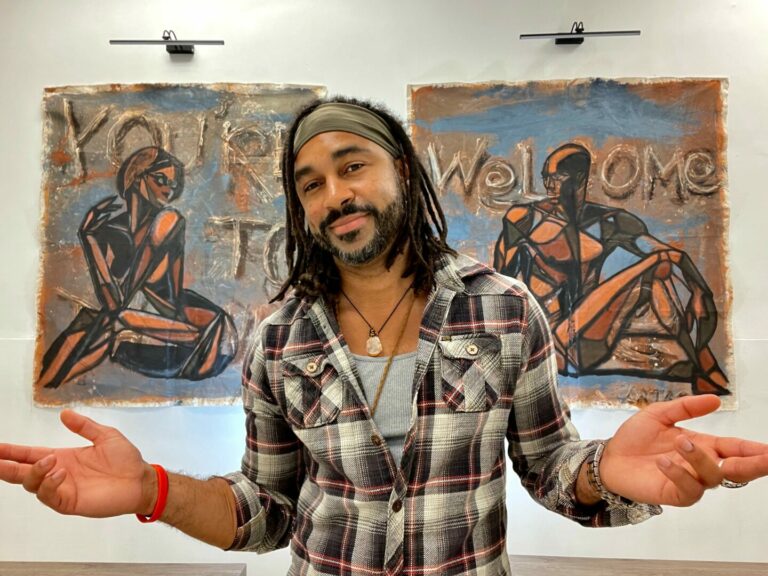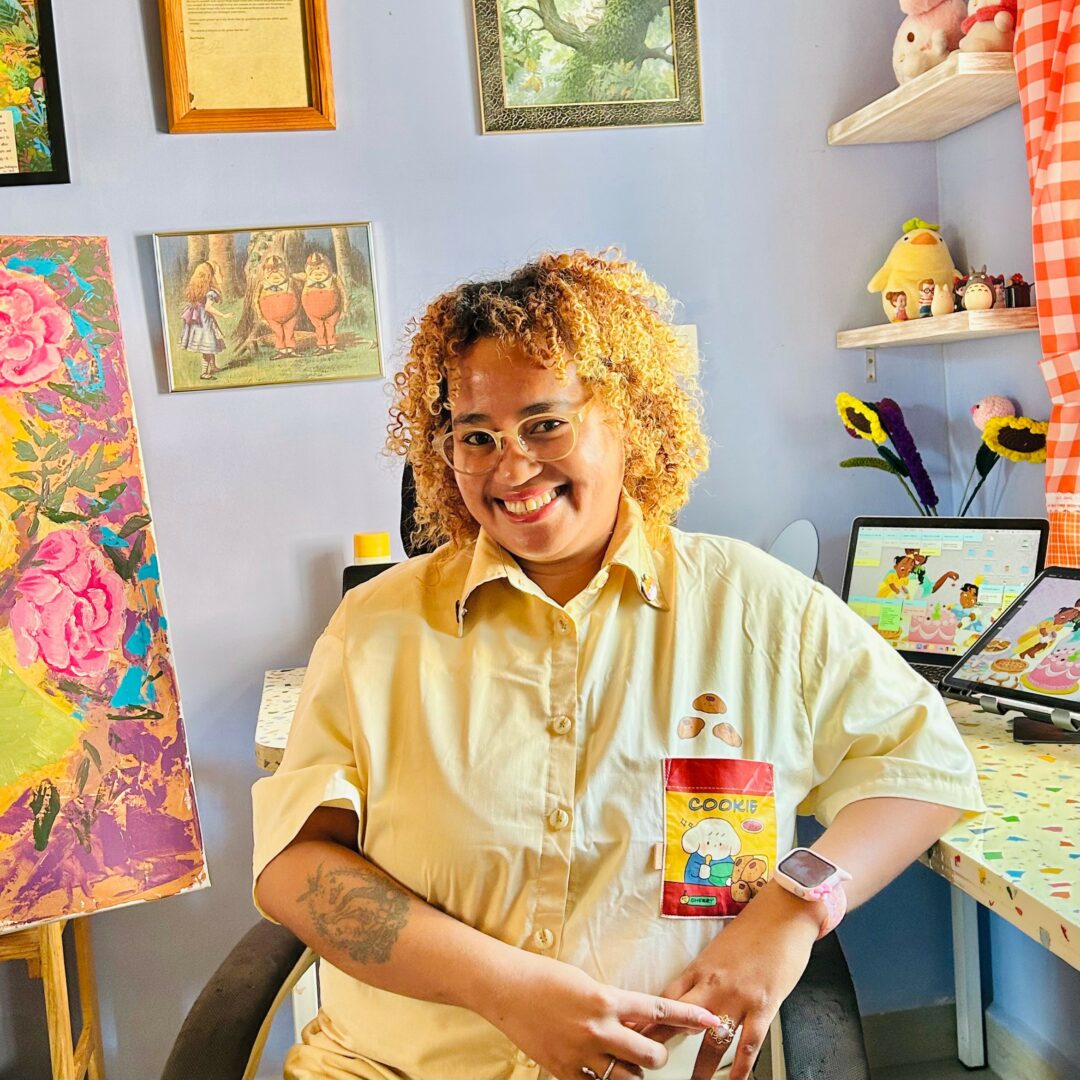This is the year to kick the pesky imposter syndrome to the curb and move forward on your journey towards reaching your full potential. We hope the stories and lessons below will help you overcome self-doubt.
Mia Ross

I’ll be honest, sometimes I don’t. There have been many times when I undervalued my work, shied away from recognition, or priced my services well below market value. But I’ve learned to continue showing up, whether I feel worthy or not. Sometimes you learn as you go. Sometimes you only recognize how imposter syndrome manifested in retrospect. In those moments of clarity, I show up for myself and make corrections. Read More>>
Vestoria Simmons
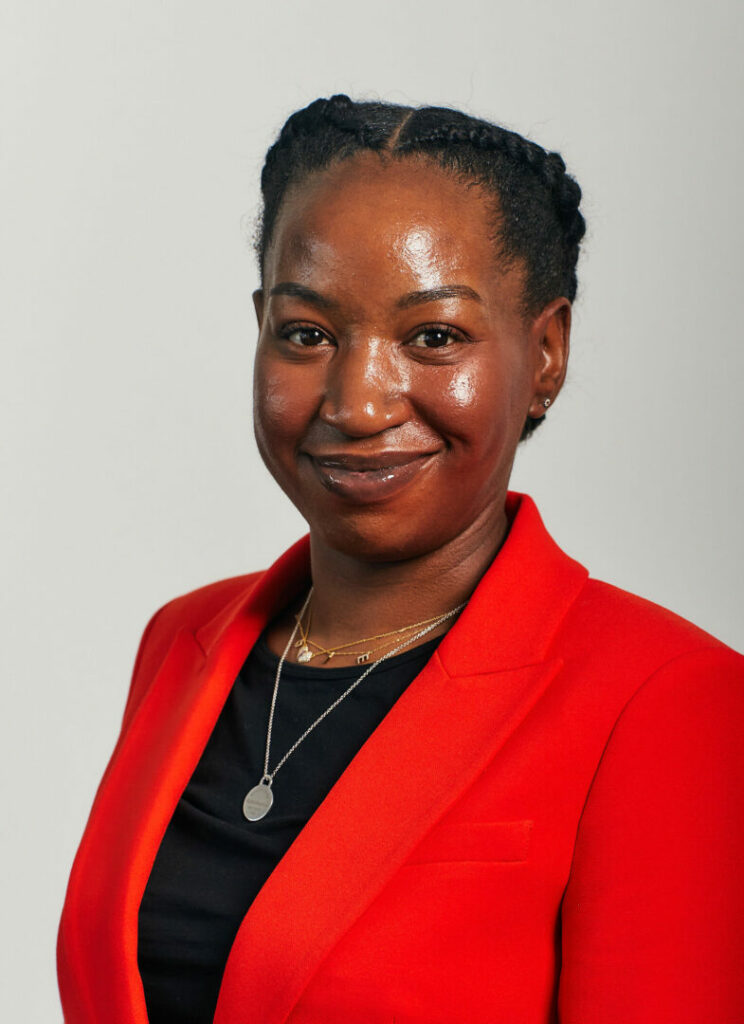
How I Overcame Imposter Syndrome
Oh, honey, imposter syndrome is REAL! It’s that little voice in your head that whispers, “Who are you to do this? You’re not good enough, smart enough, experienced enough…” And let’s be honest, it can be a total confidence killer. Read More>>
Griselda De Leon
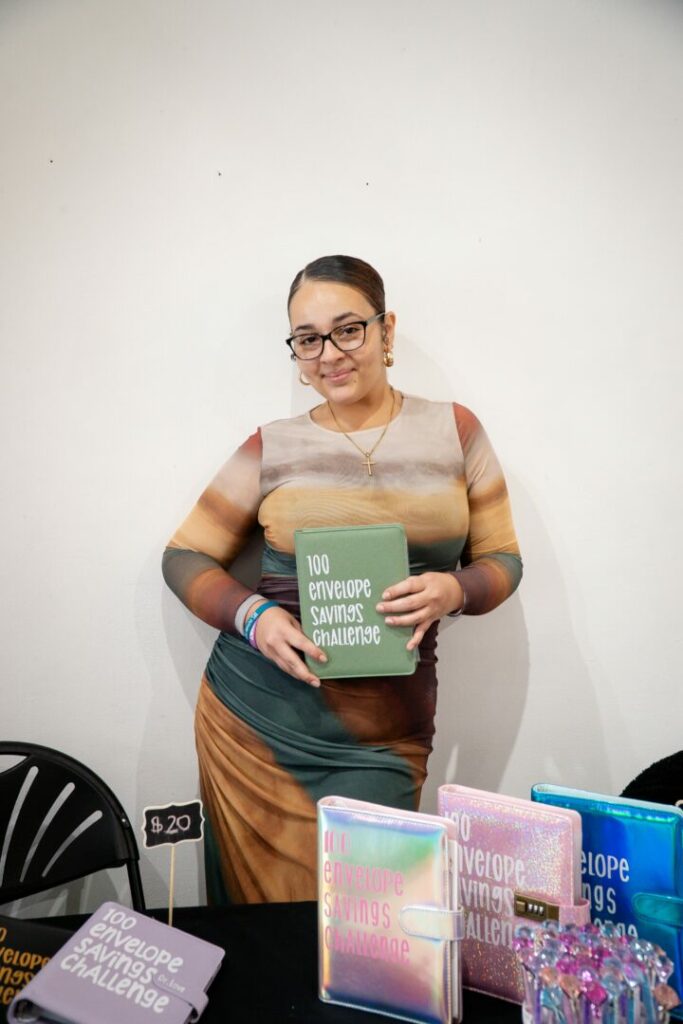
Overcoming imposter syndrome wasn’t easy, especially being a Latina in the financial industry. I didn’t want people to assume I was a scam or that I didn’t belong. I wanted to show that I was here to genuinely help and make a difference. At first, I kept questioning if I was really qualified to teach people about finances, especially since my background was in respiratory therapy and not traditional finance. Read More>>
Kristina Martinez
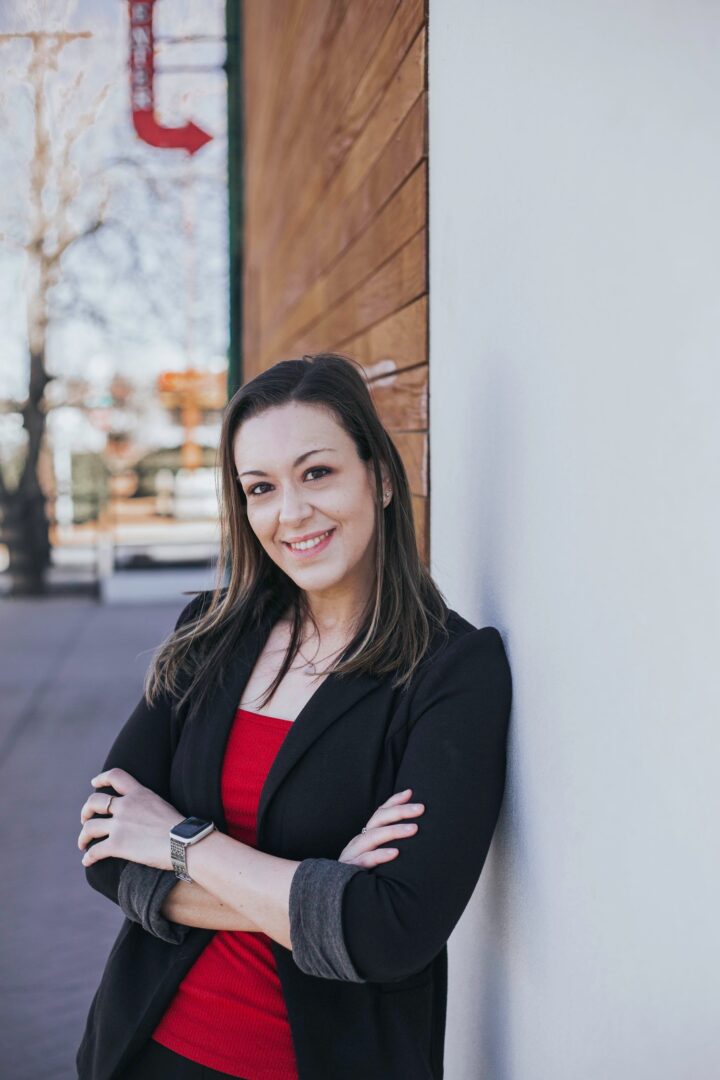
Have I overcome it though? That’s a tough one.
That whole “fake it til you make it” only gets you so far until you feel like such a fraud you might have a nervous breakdown! But the truth is, we all feel like we’re faking it! I have over 10 years of Marketing under my belt. Yes, I know what I’m doing, but sometimes that voice creeps up and says ” but are you really even a Marketer? Should you call yourself that when you’re talking to clients? Seems fake.” Read More>>
Chris Casillas

Truth be told, I don’t believe imposter syndrome is something anyone ever overcomes. We are human, and it is natural to compare ourselves to others— especially if we are in artistic fields. Imposter syndrome is something that is constant that we, over time, get better at ignoring. All it is is just a made up voice in our head telling us we don’t deserve success. Why should we listen to it? There’s no such thing as a perfect composition, song, story, or painting. Art is always subjective! Read More>>
Caleb Norris
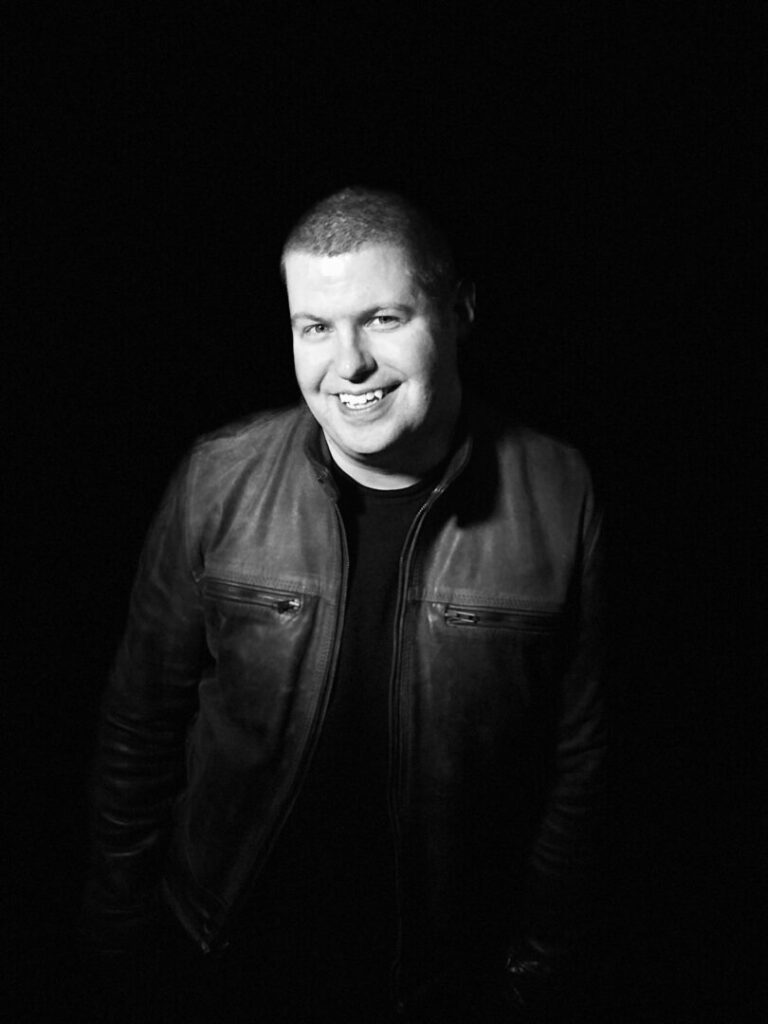
I think, to some degree, every artist or designer experiences imposter syndrome. There’s always the challenge of creating something that feels authentic while also hoping it will be accepted by others—all while trying to stay confident in the face of criticism. I know I’m not the same artist today that I was a week ago. Even though I’m proud of what I’ve created now, I know that years from today, I’ll look back with amusement at my inexperience—even after 20 years—but still be amazed by my technique in what i created. Read More>>
Jordyn Gualdani
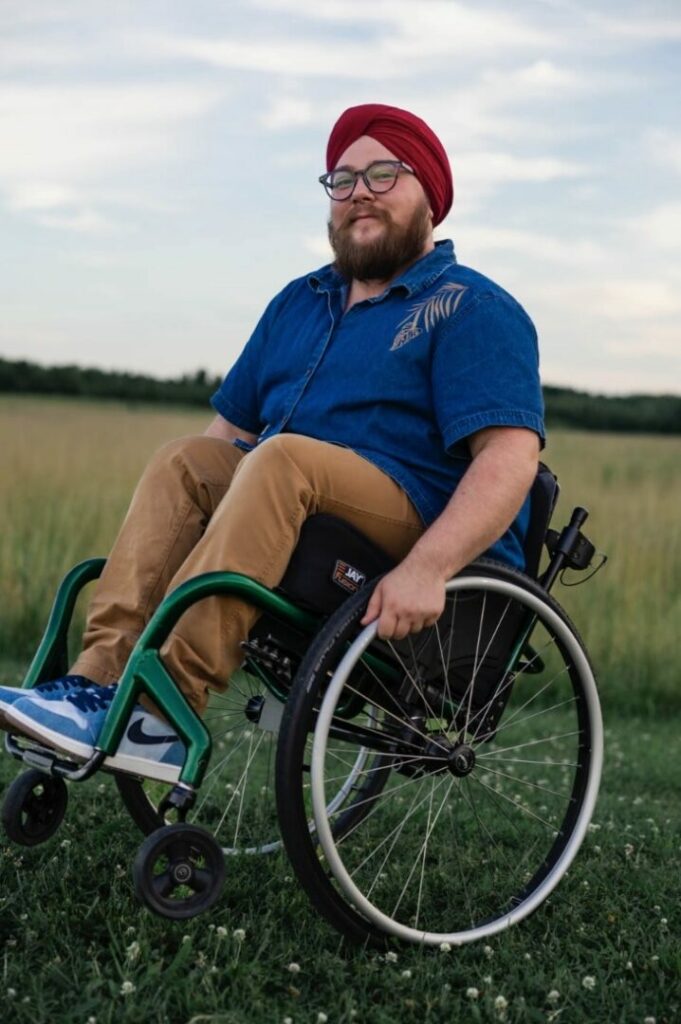
This might be a little controversial, but I don’t think you ever really overcome Imposter Syndrome. Coping with the emotions behind it in healthy ways is important, but Imposter Syndrome is ultimately a sign that you are stepping outside your comfort zone. This can trigger anxiety, fear, decision paralysis, and self-doubt which gets packaged together and labeled “Imposter Syndrome”. I’m here to tell you that it can actually be a good sign! Read More>>
Ashley Humston

I overcame imposter syndrome by realizing that I didn’t have to overcome it. So I didn’t. But I do have to check myself before I wreck myself.
I’m not sure imposter syndrome is a phenomenon to overcome as much as it is a fallacy to overpower. It rears its ugly head at the most inopportune of times, and I need to be prepared to fight it when it does. I practice combatting imposter syndrome by reframing my perspective from a fixed/limited mindset to an abundance/growth mindset. Read More>>
Christtie Jay

To be honest, I just became tired. Tired of waiting. Of watching. Of measuring myself against access to rooms and titles. Against the lie that I must first be allowed, before I can arrive. Doubt, has been the biggest waste of my time, my life. And so in the end, I had no choice but to hand it over. Read More>>
RJ Gardner

I overcame imposter syndrome by remembering my reasons for creating the art that I create and what I hope to achieve with it. I make sure that I celebrate all of my accomplishments no matter how big or small the accomplishment may be. Whether it’s an art show or a magazine feature, I take the time to enjoy and celebrate that for a bit. Not in an arrogant or egotistical way but simply giving myself the validation instead of looking for outside validation from somewhere else. You have to be your own biggest fan in a way and truly believe in yourself. I trust and believe that I deserve to be in the spaces I’m blessed to be in and that I’m pretty damn good at what I do with my art. Read More>>
Samantha Javidi

Overcoming imposter syndrome has been a journey, and to be honest, it still creeps in from time to time. But I’ve learned to move through it by trusting in my work. I remind myself of everything I’ve accomplished and the value I bring. I also take a step back and recognize that there’s space for everyone in this field––we don’t need to compete or compare. Just because someone offers something similar doesn’t mean there isn’t room for you. Your work is valuable. Your work is powerful. Each of us brings something unique to the table. My work might not resonate with everyone, and that’s perfectly okay. It will reach the people who need it most. Read More>>
Amy Stewart
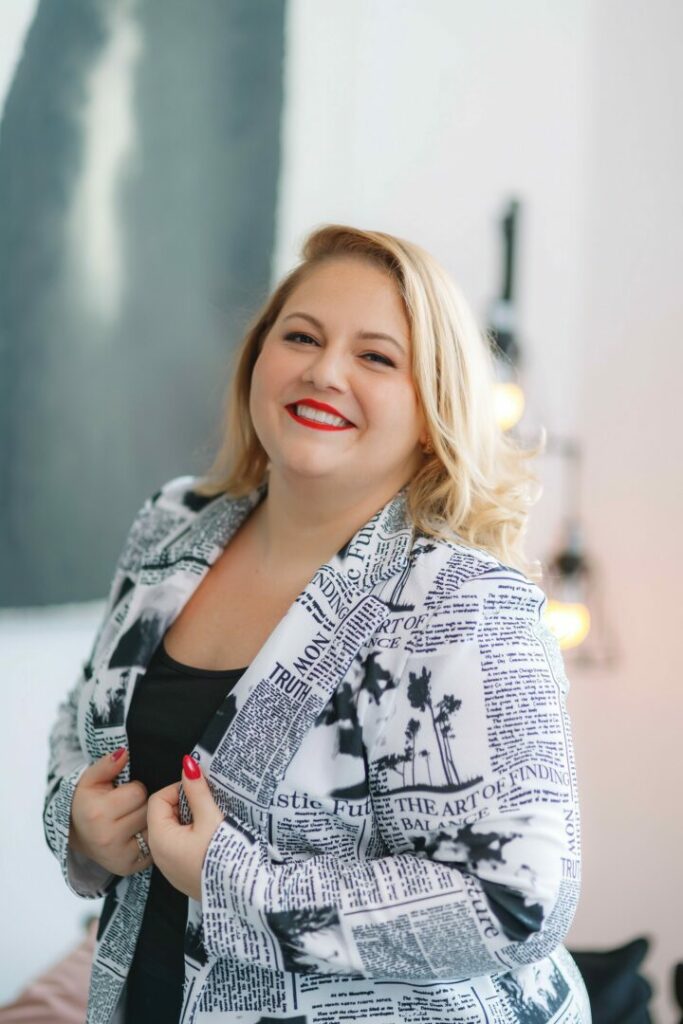
I have overcome imposter syndrome by becoming overly confident in God’s plan for my life. I’ve come to understand that everyone has a special calling, but we have to make the choice to walk in the direction God is leading us. Read More>>
Beth King
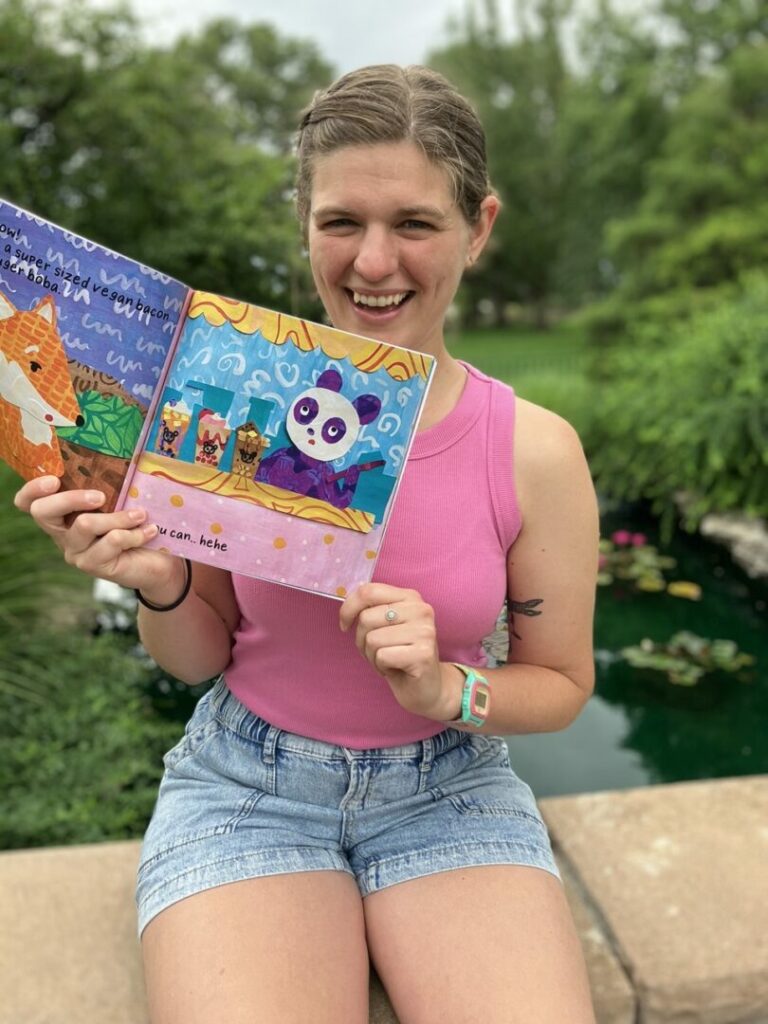
When I was a child, I had no problem telling people I was an artist! I spent all my free time making things, what else would I be? It wasn’t until I went to art school for college that I started thinking maybe I wasn’t “good enough” to call myself an artist. My program was very competitive and people were constantly talking about building their portfolios. I on the other hand, loved to create of course, but I was more interested in building community and making friends while making art! Eventually, the competitiveness of the illustration program became too much for me and I decided to switch to Art Education. Read More>>
Yonna Marcella
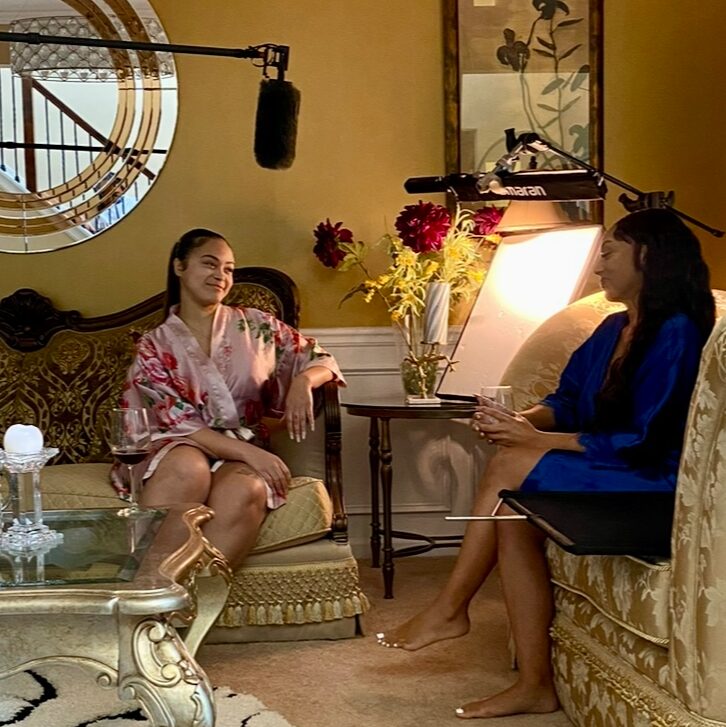
I am overcoming imposter syndrome by reminding myself that I am in the rooms, on the sets, and on the teams I am on because that’s where I’m supposed to be. I’m blessed to be surrounded professionally by tremendously successful people in both the film and music industry. I’m just as blessed in my personal life to know and be loved by equally amazing individuals. Some days they lift me, other days I lift them. But we all share a desire to be great and spread love. Us all being able to pour into each other is a reminder that we are all necessary. Read More>>
Dr. Katie Fincher

When I first entered the field of pelvic health physical therapy, I was both eager and deeply uncertain. Despite completing a rigorous women’s health residency at Duke Health and holding a Doctorate in Physical Therapy, I constantly questioned whether I belonged in a space filled with such specialized knowledge and complexity. The transition into pelvic health felt like stepping into uncharted territory, and imposter syndrome quickly took root. Read More>>
Eoghan O Kelly
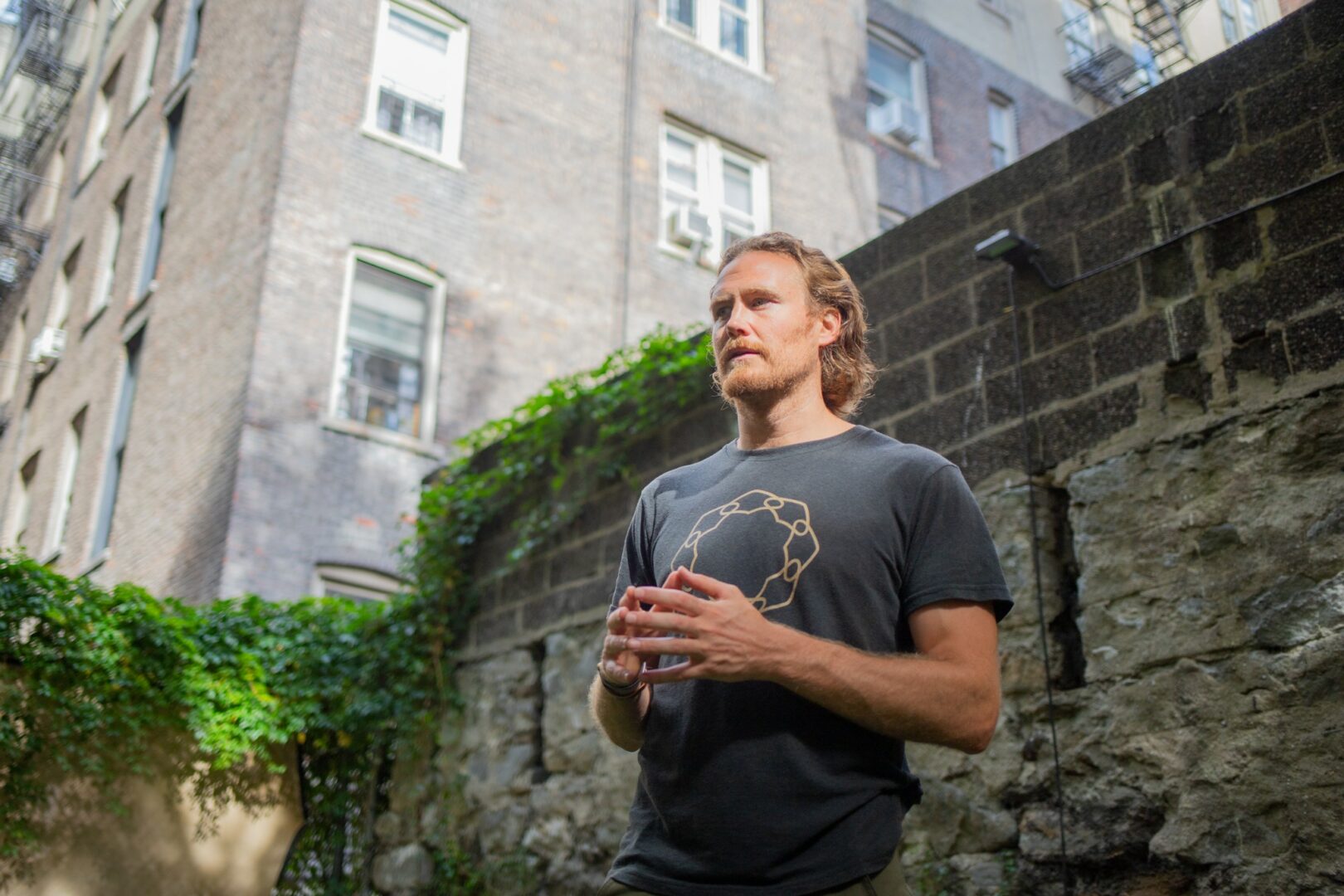
I love imposter syndrome! Throughout my career I have felt it at various milestones. Originally when I started working with general population folks I thought “wow, how can I help these people. Who am I to say or guide how this person moves. Have I done enough work personally, have I studied enough. The internal questions were endless. with enough experience and time, they died down. I built a confidence in my abilities that was much stronger than the questions asked. Read More>>
Katie Wright
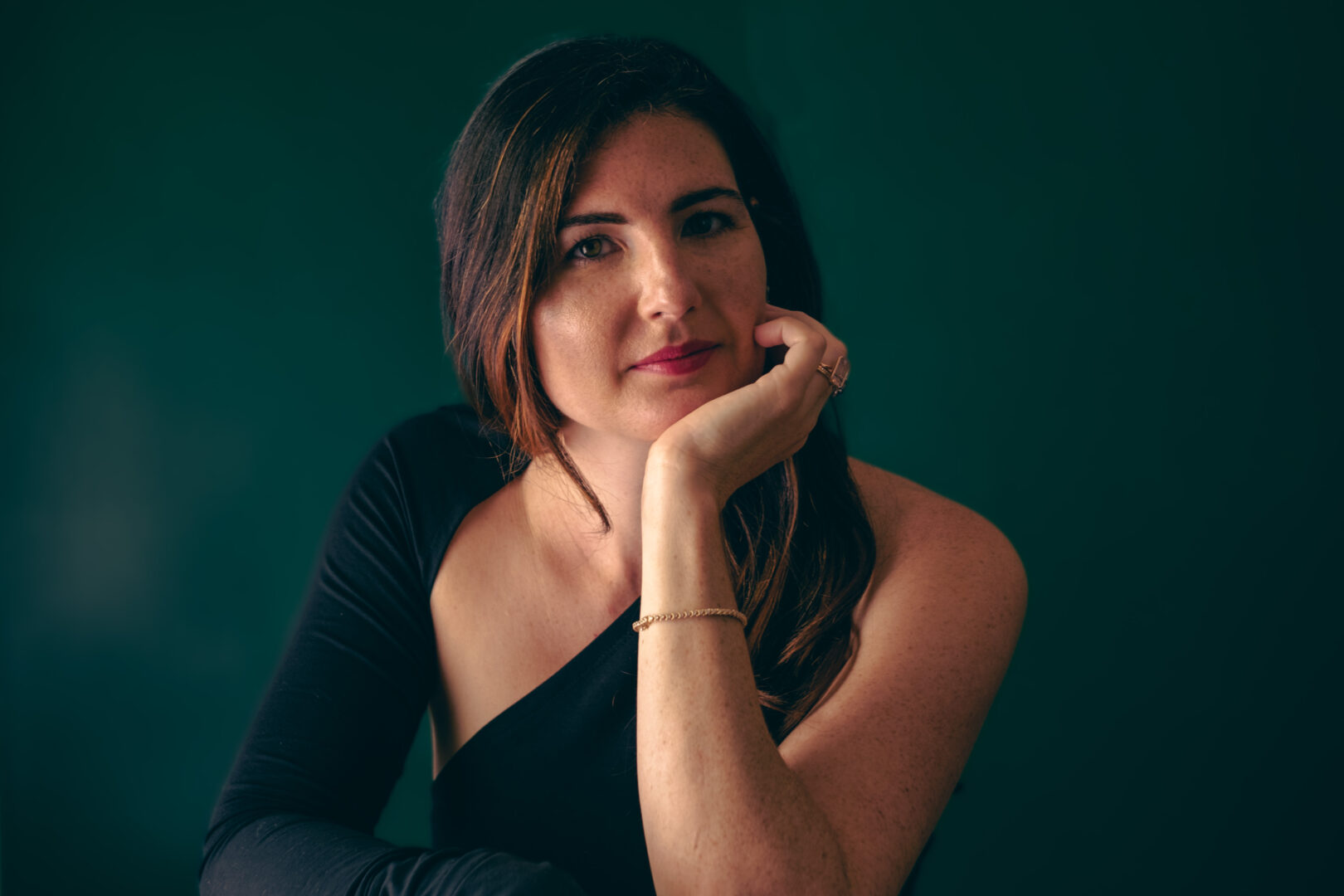
more times than I can count. I don’t have formal design training—though I’ve always loved collecting, arranging, and creating beautiful things—and for a long time, I dreaded the question, “So where did you get your training?” Read More>>
Tiana Vee
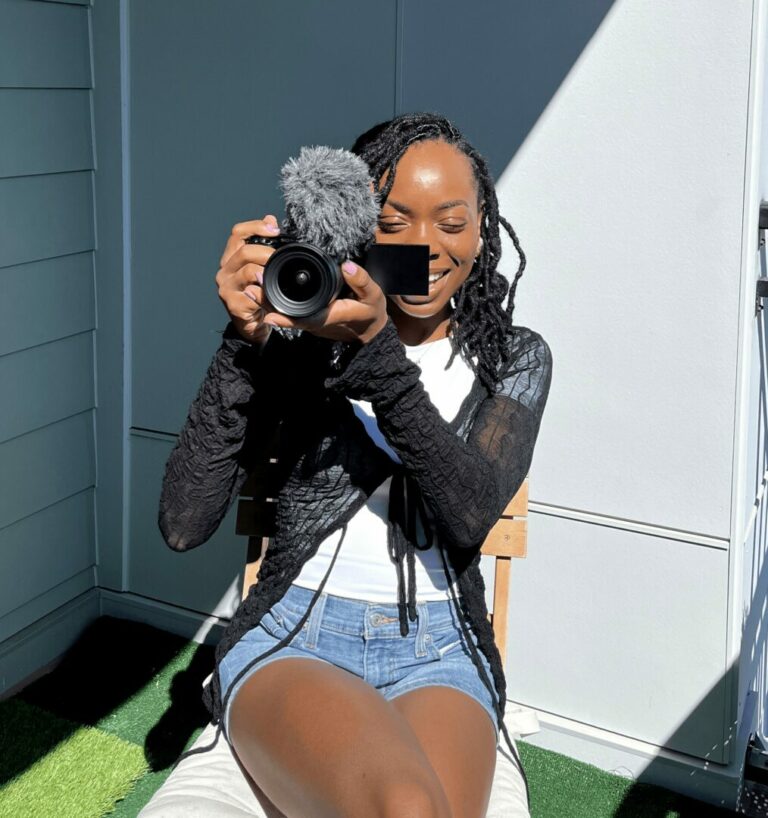
I knew two things were true: I knew that walking in alignment with the person i wanted to be was going to be a challenge, but i also knew that if I never took action i’d be in the same place forever. The second truth scared me more than the first. I accepted the fact that although my imposter syndrome scared me into inaction often, the only way to overcome it was to do the thing, even if it meant doing it scared. One of the ways i shifted my mindset to combat imposter syndrome was to prove to myself why i was qualified to be in my position (or in a room). Read More>>
Hannah Rupp
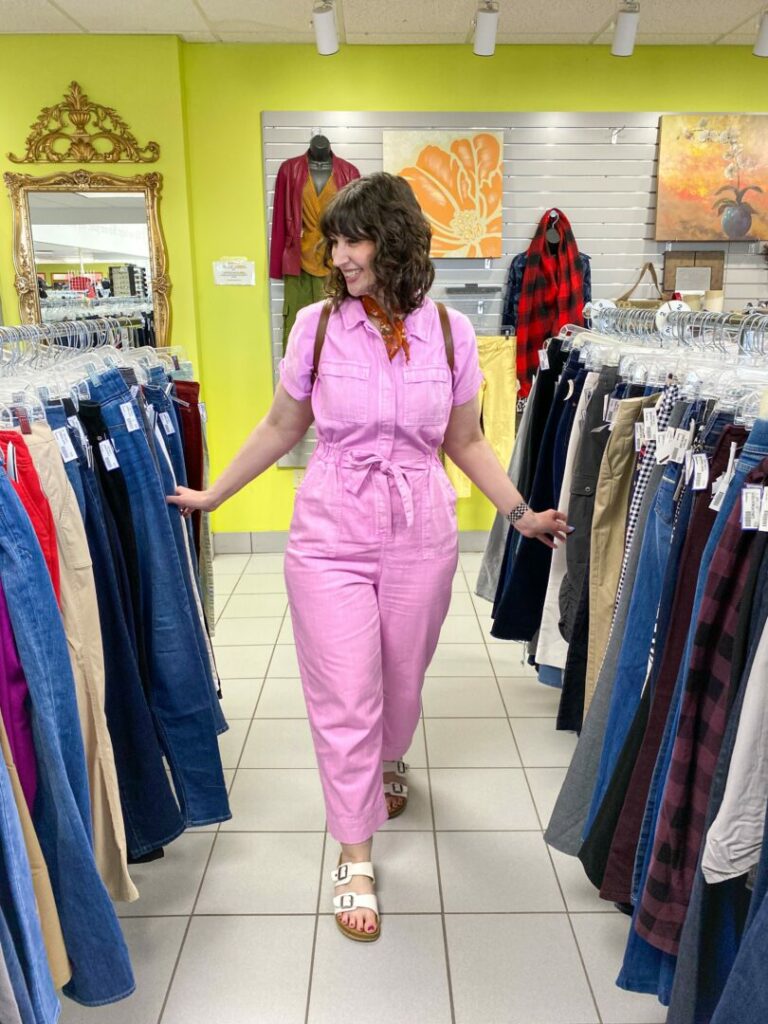
When I first started my fashion blog and personal stylist journey, I felt like everyone was so far ahead of me. The best piece of advice I heard at that time was, “Imagine that somebody new to your industry wants to know everything that you can teach them. How does that make you feel? Do you feel like an expert?” It completely changed everything for me. Moving forward, I keep that advice in the back of my mind whenever I walk into a room at an industry event. I may not know everything, but I certainly know a lot and can be a help to others! Read More>>
Tiffany Zhao

Overcoming imposter syndrome has been a personal journey for me, one filled with moments of doubt but also growth. There have been so many times when I’ve questioned whether I truly belonged in certain spaces, especially in an industry like the entertainment industry—whether it was a producer, a writer, or even just conversations with highly accomplished people. I’d find myself thinking, What if they realize I’m not as good as they think? That fear of being “found out” felt like a shadow following me around, no matter how much I achieved. Read More>>
Kush K
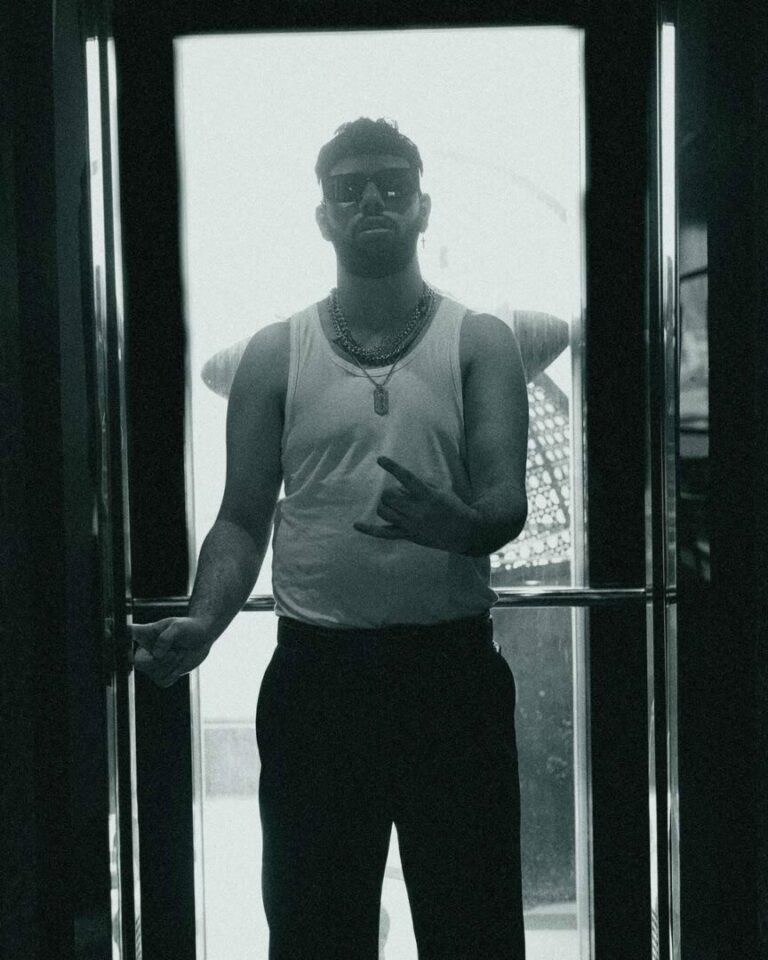
Imposter syndrome is real. I used to question if I was good enough and if I even deserved to be in the industry. But at some point, I had to remind myself why I started in the first place – because I love music, because I have a story to tell, and because no one else can do it the way I can. Read More>>
Christine Göös

You’re not taking on large enough challenges if they don’t terrify you a little; some of my most prominent moments of growth have come from reframing imposter syndrome as a marker of ambition. On a practical level, trusting yourself comes from coming in prepared and knowing you’re basing your work on data, experience, and strategic thinking. Read More>>
Brian Goleman CVT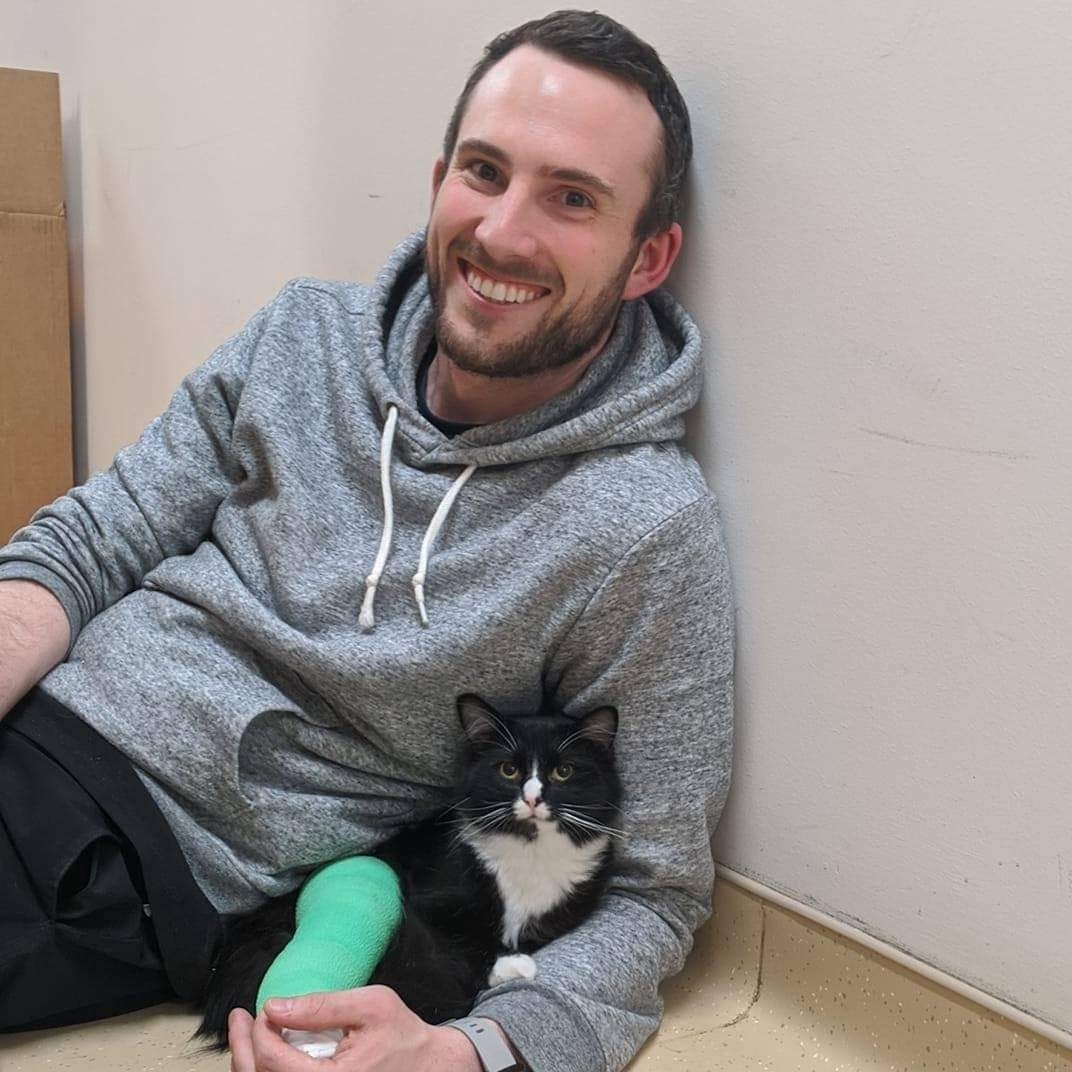
Overcoming imposter syndrome with Brian’s Bandages was a process, not an instant switch. In the beginning, I had doubts—wondering if I was really the right person to be teaching bandaging techniques. I didn’t go to school to be a vet tech; I became licensed through on-the-job training, so it was easy to feel like I didn’t belong in the same way as others who took the traditional route. Read More>>




